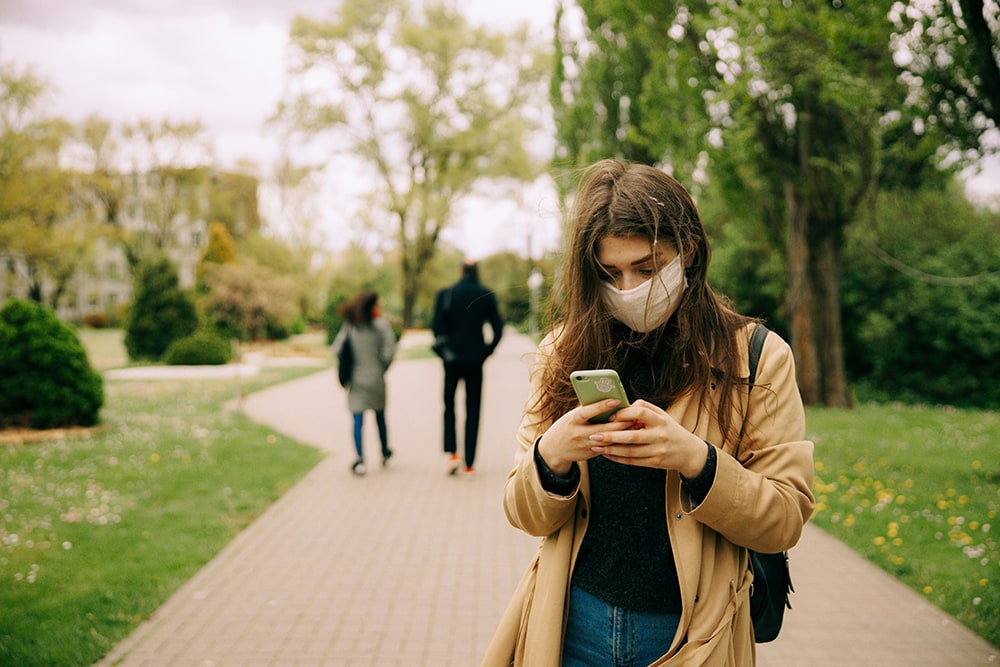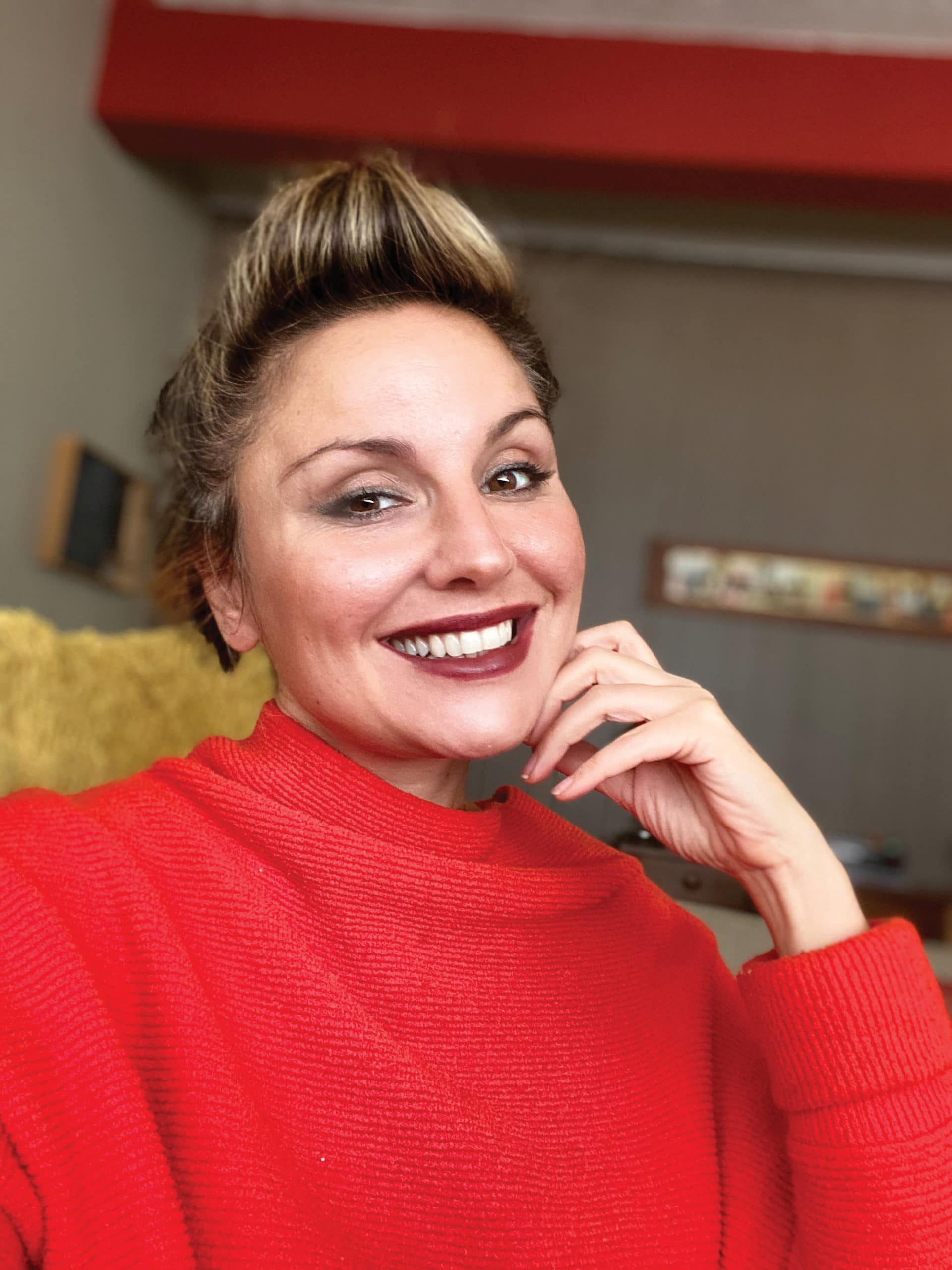In our culture of immediate gratification and constant stimulation, our attention spans – even in the face of a global pandemic – have a shelf life of two months. After being bombarded with an overload of information on every news platform, we collectively panicked and then swiftly overdosed on the virus. As the crowds took to the streets for social justice, we forgot about our masks and social distancing practices, while marching together against an altogether different enemy.
Despite our tendency to wish the virus away, the reality remains: there is no cure, and there is no vaccine. While our newsfeeds no longer focus on death tolls and Roman balconies stand empty of jovial COVID patients singing to one another in the spirit of the feast before death, the fact is that the virus is still raging. In our state, the numbers are still climbing, and despite our collective apathy, infections are growing. How cognizant and conscious are we of our own actions on a day-to-day basis? And how easily are we manipulated by the plethora of information designed to manufacture emotions?
As our state reopens, the wish to deny the reality and the urge to return to the familiar can overpower our understanding that we do not have a vaccine against this virus. Was our panic overblown? Did our sentiments change? Do we not care about the numbers after all? Or is our denial and apathy more powerful than the anxiety of inhalation? Every time we look at a screen, we are confronted with a stimulus that is designed to elicit an emotional reaction, which is created in the brain through secretion of pleasure chemicals like serotonin and dopamine. These chemicals are released in the brain for a short duration of time until they are transformed into another chemical by another brain cell. In short, our screens make us feel things, but what do we do when the feeling is gone? We want another boost and then another and then another, hence, we become addicted to endless stimulation. The virus on our newsfeed is like a horror movie that shocks you for a split second, and in a few minutes, you are awaiting another monster behind the curtain.
In order to execute a conscious, sustained plan of action, we must grow the capacity to delay gratification. Unlike hitting the like button, this process does not fly on the wings of pleasure chemicals. If we are to avoid a bigger second wave which can prove devastating, not only for the lives of many but also for the longstanding economic health of the many, we are called upon to cultivate a different level of conscious awareness.
On a daily basis, we must remind ourselves that this pandemic is not over, that we still have to respect social distancing, wear masks that are uncomfortable, wash our hands frequently, and manage the disappointment of not getting a table at our favorite restaurant. If we are to value our freedoms, we must also embody the personal responsibility that comes with it. Maintaining awareness even in the absence of perpetual stimuli that shocks us into remembering, we are asked to employ our executive functions in order to stay safe. The modern world no longer battles tanks and battalions; it tackles apathy, addiction, and denial. We are not being nuked; we are being overtaken by mesmerizing screens that chronically engage our emotions yet leave us physically catatonic. We must challenge ourselves to engage our minds in order to act consciously.
While living in fear and panic is by no means a sustainable solution, the coronavirus pandemic forces us to face the reality beyond what is entertaining. It is an opportunity to train ourselves to control our impulses so we are able to make conscious choices that benefit us in the long run. In reminding ourselves that what is out of sight should not necessarily be out of mind, we become more deliberate in our action, and in this deliberation, we are able to implement a lasting change and practice personal responsibility. spt







Comments